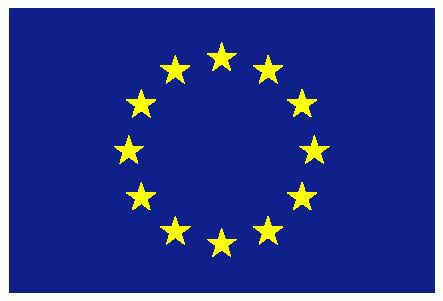Following a request from the German MEP Monika Hohlmeier, the EU Commission is looking into the circumstances surrounding British American Tobacco’s decision to move tobacco production from Bayreuth, Germany, to four other EU countries.
In a preamble to written questions to the Commission on November 21, Hohlmeier said that BAT had hitherto been one of the most important regional economic factors for the Oberfranken (Upper Franconia) region in Bavaria (Germany) and that the Oberfranken plant has been one of BAT’s largest worldwide.
The company had been one of the largest private employers in Bayreuth where, every year, orders worth about €40 million had been commissioned from suppliers. It had paid about €15 million annually in corporate tax, which was equivalent to about one sixth of the total corporate tax revenue of the city of Bayreuth, and its employees’ purchasing power had been about €47 million.
‘In July 2016, the decision was made to move the production of tobacco products from Bayreuth to Poland, Hungary, Romania and Croatia,’ Hohlmeier said. ‘At the time this decision was taken, BAT had approximately 1,400 employees. By the end of 2017, it is estimated that a total of 950 jobs will have disappeared. By mid-2018, the entire product range will have been relocated to other sites.’
Hohlmeier posed a number of questions:
- ‘Has the Polish, Hungarian, Romanian or Croatian State granted or promised regional aid or direct or indirect aid (for example, by creating attractive conditions) for the transfer of production?
- ‘If so, what type of aid has been granted or promised and what is the amount of such aid?
- ‘Have regional aid notification procedures been initiated with the Commission, in accordance with Article 13 (d) of General Block Exemption Regulation 651/2014?’
In its reply on January 23, the Commission said that anti-relocation provisions were a new feature of revised regional state aid rules that had entered into force on 1 July 2014.
‘These provisions strengthen safeguards against relocations supported by state aid by requiring notification of aid measures for beneficiaries that have closed down a similar activity in the EEA in the two years prior to application for aid, or are planning to close down such an activity within two years after completion of the aided investment,’ it said.
‘The Commission is not aware of aid granted to British American Tobacco (BAT) in Poland, Hungary, Romania or Croatia. It has, however, requested the authorities of those member states whether aid was granted to BAT after 1 July 2014 and, if so, to provide the Commission with the relevant information.
‘Once the Commission has received all the relevant information, it will analyse whether or not there is a causal link between any possible aid granted to BAT in those member states and the closure of the BAT facility in Bayreuth.
‘If such a link is established, the Commission will take appropriate action according to regional aid rules.’











